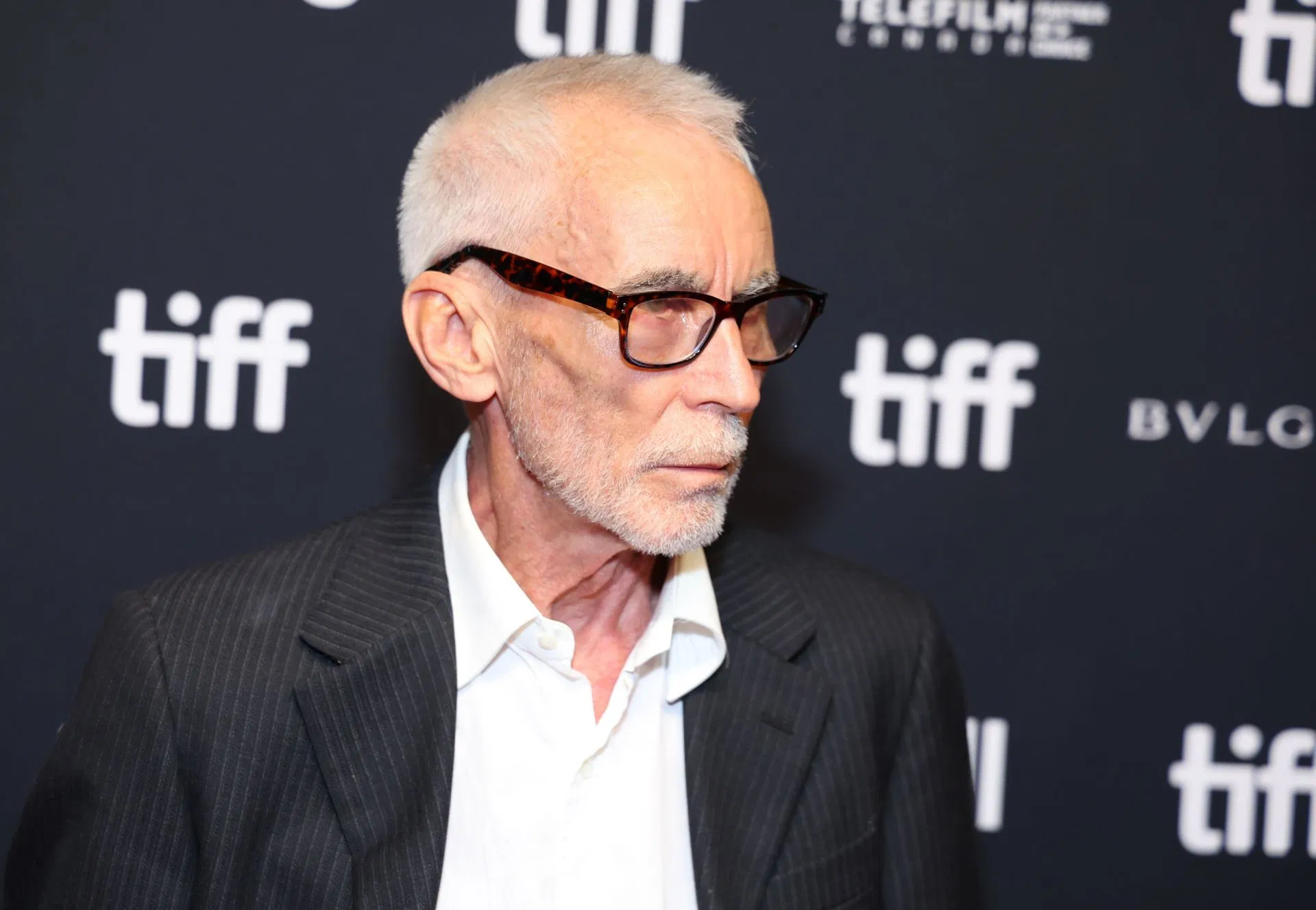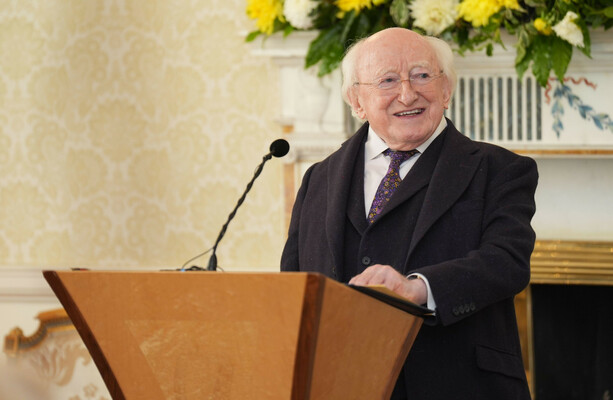Copyright sportskeeda

New Zealand filmmaker Lee Tamahori, best known for directing Once Were Warriors and the 2002 James Bond film Die Another Day, has passed away at the age of 75.Tamahori's family confirmed that he passed away quietly at home, leaving behind a potent creative legacy, according to a Rolling Stone Australia story published on November 7, 2025. His family recalled him as "a charismatic leader and fierce creative spirit" who "championed Māori talent both on and off screen," according to a statement given to RNZ.Tamahori was born in Wellington, New Zealand, in June 1950. He made his film debut in 1994 with Once Were Warriors, which broke box office records and received praise from all over the world for its honest depiction of Māori life.The 1994 drama, which was based on Alan Duff's book, was praised all over the world for its unapologetic portrayal of Māori cultural identity and domestic violence.More about Lee Tamahori's film legacyFollowing the success of his debut film Once Were Warriors, Tamahori reportedly moved to the United States and directed films including Mulholland Falls (1996), starring Nick Nolte, The Edge (1997), and Along Came a Spider (2001), starring Morgan Freeman.Reel and Roll Films @reelandrollLINKRIP New Zealand director Lee Tamahori, who made his directorial debut over three decades ago with the powerful family drama ONCE WERE WARRIORS.Lee Tamahori's greatest commercial success came in 2002 with Die Another Day, the 20th entry in the iconic James Bond film series and the highest-grossing Bond film at the time.Lee Tamahori also made films that reportedly caused a bit of a stir. As reported by The Independent on August 7, 2011, his film The Devil's Double presented Saddam Hussein's son in a different light.Director Lee Tamahori, actor Dominic Cooper and Lionsgate Motion Picture Group President and Co-COO Joe Drake at "The Devil's Double" Gala Screening during the 2011 Los Angeles Film Festival on June 20, 2011 in Los Angeles, California. (Image via Getty)In his interview with The Independent, Tamahori said that "all film is ultimately entertainment" and clarified that his goal was to produce "an illusion of the truth" as opposed to a documentary-style portrayal. The filmmaker said,"All film is ultimately entertainment, regardless whether it's The Battle of Algiers or a documentary about penguins. It is all there to manipulate us. I don't want people to leave thinking they have the truth. What they have instead is an illusion of the truth."The film reportedly received praise for its style and Dominic Cooper's dual performance as Uday Hussein and his body double, despite criticism for its historical liberties.The filmmaker reportedly worked on films that were more in line with Māori identity and heritage in his later years after returning to his roots in Aotearoa, New Zealand. His last two movies, Mahana in 2016 and The Convert in 2023, confirmed his ties to whakapapa, the Māori idea of ancestry and belonging, according to Rolling Stone Australia.In their statement, Lee Tamahori's family talked about his legacy, saying"his legacy endures with his whānau, his mokopuna, every filmmaker he inspired, every boundary he broke."Over the course of his five-decade career, Tamahori crossed boundaries between the local stories of New Zealand and the international stage of Hollywood.The film community will come together to celebrate a director who redefined storytelling across cultures and continents on November 9, 2025, at Te Mahurehure Marae in Auckland, for a service for Lee Tamahori's friends and colleagues.



